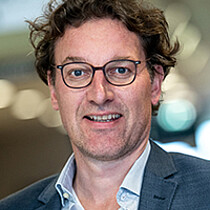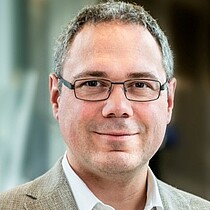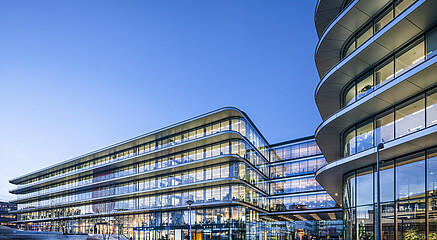

Magazine: Friday, 17 September 2021
Entrepreneurship is in the lifeblood of healthy economies. Indeed, one could easily argue that start-ups and scale-ups are very much embedded in the DNA of the most thriving economies. What then of the Netherlands? Does it provide an environment in which entrepreneurial thinking and the growth of new businesses are considered integral to the economic corpus? Does the Netherlands have entrepreneurship in its DNA?
The answer, unsurprisingly, is both yes and no. On the one hand, the Scaleup Dashboard 2020, developed and published by the Erasmus Centre for Entrepreneurship (ECE), shows that the resilience of the Dutch economy has declined, even before the COVID-19 pandemic, and that the number of fast-growing companies – scale-ups – has stagnated. At the same time, while start-ups can grow rapidly, around two-thirds lose their growth momentum.
On the other hand – the positive one – scale-ups in the Netherlands are responsible for the creation of some 232,560 full-time jobs in the period 2016-2019. There are reasons to be cheerful! However, as ECE managing director, Martin Luxemburg, says in the Scaleup Dashboard: “The scale-up climate in the Netherlands requires constant attention. Scale-ups are the engine of the economy; they are responsible for most of the job creation, which is needed now more than ever. Not only nationally, but also regionally and locally.”
While initiatives have been introduced to help fast-growing businesses as they scale up, support must also be given to those start-ups that haven’t quite yet realised their full potential, something that affects 50 per cent of Dutch SMEs, by giving them access to much-needed networks of mentors and potential investors.


A fast-growing recruitment company, YoungCapital is revolutionising the industry. Its success, in part, is down to the creation of a winning culture.

Wehkamp has always embraced innovation and entrepreneurship. It’s an approach that has seen the company become one of the largest online retailers in the Netherlands.

Research shows that when companies scale up, they can often lose momentum. However, this has not been the case for JustEat Takeway, the online food delivery marketplace, which has scaled up fast in recent years and now operates in 23 countries.

Picnic, is challenging the notion that an online grocery business can never be more profitable than traditional bricks and mortar supermarkets.

ING’s Sustainable Investments division received capital of €100 million when it was formed in 2019. Its investment focus is sharply on sustainable scale-ups.


Science Communication and Media Officer
Rotterdam School of Management, Erasmus University (RSM) is one of Europe’s top-ranked business schools. RSM provides ground-breaking research and education furthering excellence in all aspects of management and is based in the international port city of Rotterdam – a vital nexus of business, logistics and trade. RSM’s primary focus is on developing business leaders with international careers who can become a force for positive change by carrying their innovative mindset into a sustainable future. Our first-class range of bachelor, master, MBA, PhD and executive programmes encourage them to become to become critical, creative, caring and collaborative thinkers and doers.
